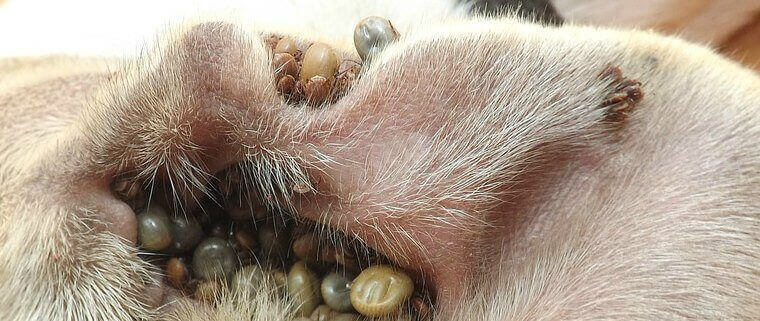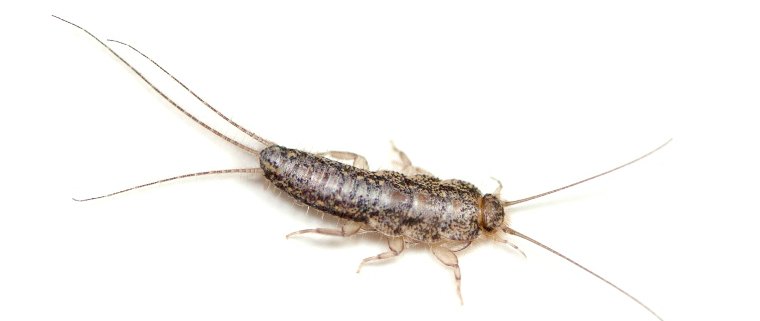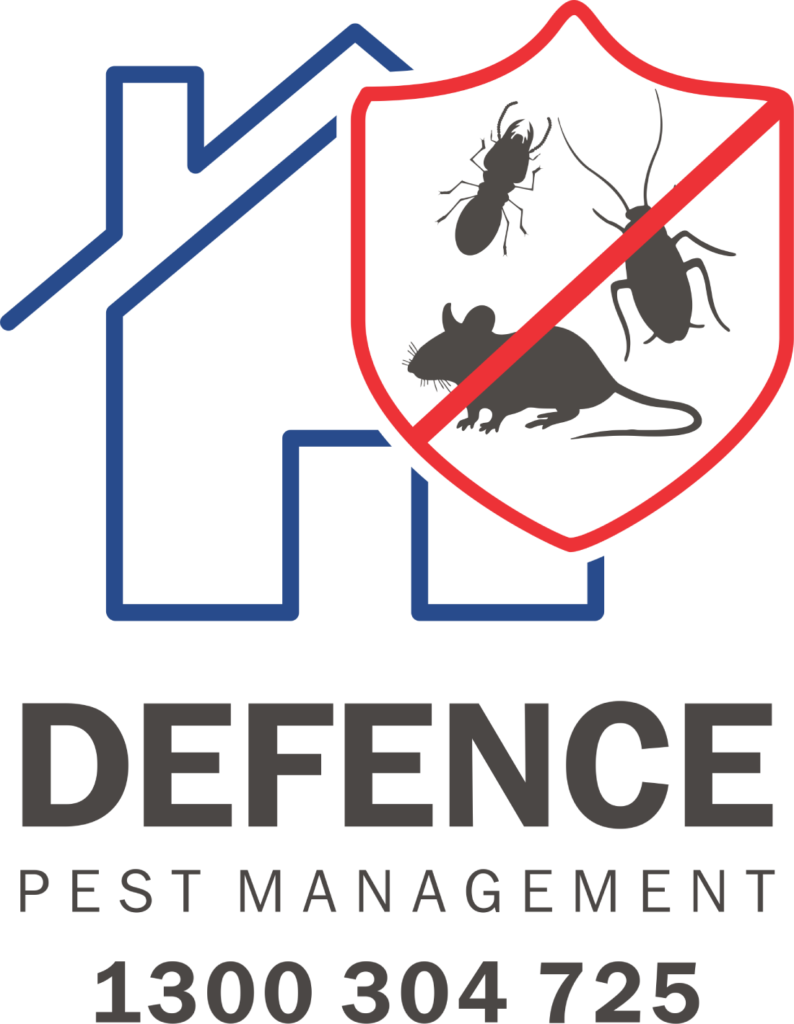You have probably often heard about ticks in pets; however, did you know that humans are also hosts to these pests? That’s right. Ticks can climb on you, find a protected spot and feed by sinking their mouthparts into your skin.
What Are Ticks?
Ticks are bloodsucking parasites that feed on mammals, reptiles and birds. They are arachnids that are mostly found in woody areas and shrubby vegetation, where they patiently wait for a host to approach.
Once they find a host, they immediately attach themselves and start feeding on their host, then drop off once fully fed. However, in many cases, they can feed on the same host several times by simply hiding themselves in cracks and crevices and then crawling back to the host when they need to feed again.
Ticks develop from eggs, to larvae and then nymphs before they mature into adults. Females are larger than males, especially after feeding. Depending on the type of tick, the female can lay several batches of eggs or a single large batch.
How You Acquire Ticks
If you have a pet that goes outdoors, then they are prone to being a host to parasites including ticks. The ticks can then lay eggs, which may also be found in rugs, mattresses or other areas that your pet frequents. The ticks can then cling and feed on you as well.
Ticks can also be transmitted through your clothing. When going outdoors, especially in grassy areas, the ticks can climb on your clothes and hide themselves while searching for a spot on your flesh. This simply means that even without a pet, you can bring home some ticks all by yourself.
In fact, Defence Pest Management has had several property inspections where we have found ticks in a home that does not have a dog, cat or any kind of pet.
Diseases that Come from Ticks
There are several diseases that are transmitted through tick bites (saliva) or excrement. Globally, in areas with poor nutrition, the diseases can include relapsing fever. There are also cases such as Lyme disease, tick paralysis and inflammation of the brain.
The most common disease that arises from exposure to ticks is allergic reactions, which is also perhaps the most common in Australia. When the tick bites the flesh to feed, it injects allergen that causes inflammation in the surrounding area. This will trigger itchiness and swelling.
It is advised that you first kill the tick before removing it, otherwise, it will keep lodging itself into your skin, injecting more allergen.
Preventing Infestations
In general, diseases from ticks are rare in humans. Nonetheless, you need to ensure that you reduce exposure to ticks to avoid any disease. One way is to always clean yourself after staying outdoors, especially in woody or grassy areas. If you own a pet, you should regularly check for any tick infestation.
Keeping your home regularly inspected for pests can also help monitor if there are any ticks in your home, whether or not you have a pet. If you require help with pest inspection, our team at Defence Pest Management can provide treatment methods to specifically address tick and flea infestations in homes.







